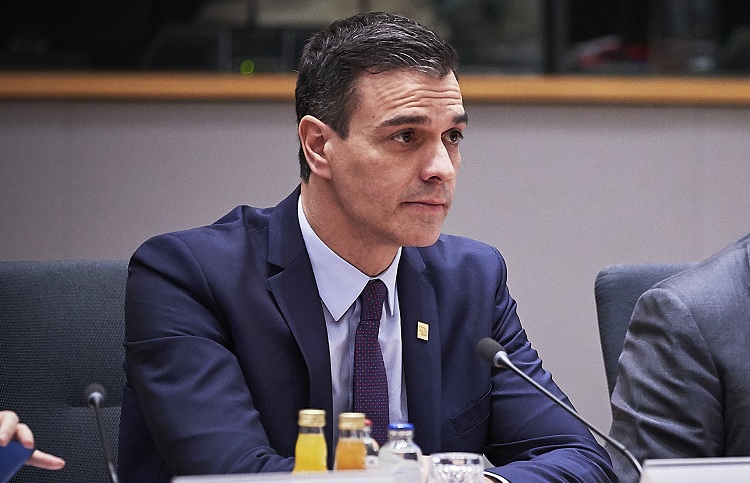The Diplomat
The Ministers of Defense, Margarita Robles, and Foreign Affairs, Arancha González Laya, met yesterday by videoconference with their respective NATO counterparts in order to prepare the next NATO Summit, which will take place next June 14 in Brussels and in which decisions will be taken regarding the NATO 2030 Initiative for the political adaptation of the Alliance to the challenges of the current security environment.
During the meeting, chaired by the Secretary General of the Atlantic Alliance, Jens Stoltenberg, the Minister of Defense recalled that, although Spanish troops have already left Afghanistan, Spain remains committed “to the future of Afghan society” and expressed her satisfaction with “the preparations for the future NATO-Afghanistan partnership” proposed by Robles herself at the previous ministerial meeting.
Likewise, the Minister of Defense assured that Spain is committed to a process of renewal and strengthening that will make it possible to enhance the political and military role of the Alliance and, in this sense, she defended that “the best way to revitalize NATO is to rationalize the contributions of each of the Allies to the missions and operations and to fulfill the assigned capacity objectives, including those of response to disasters”.
The minister also stated that the NATO 2030 objectives are the best way to modernize NATO and “reinforce the essential principles that make us what we are, an exceptional political and military Alliance, dedicated to ensuring peace, security and stability”. In the same vein, Arancha González Laya stated that “the new transatlantic agenda is an ambitious document that has undoubtedly gained in balance, maturity and operability over these months of intense debate among the allies”.
During yesterday’s telematic meeting, the foreign and defense ministers addressed a number of issues, including Afghanistan, Belarus, Russia and China and “the need for NATO to adapt to a new era of increasing global competition” through the NATO 2030 agenda, Jens Stoltenberg said. “We are presented with a number of challenges to our security that we have to address together, because no country and no continent can face them alone”, he added.
The NATO 2030 Initiative aims to strengthen the Alliance’s role in preserving the rules-based international order, which Stoltenberg said “is challenged by authoritarian regimes, such as Russia and China”. This includes strengthening existing partnerships and creating new ones, including in Asia-Pacific, Africa and Latin America. “There is broad agreement on the need to start work on NATO’s next Strategic Concept, because our strategic environment has changed significantly since 2010”, continued the secretary general, who warned that NATO’s adaptation will require Allies to continue to invest in defense, and to “invest more together,” as a force multiplier and with a “strong message of unity and determination”.







